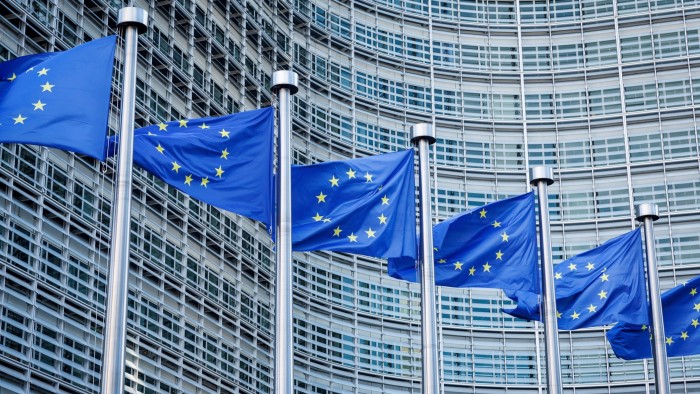Home / Technology / EU Rethinks AI Rules to Boost Competitiveness Amid Regulatory Challenges
EU Rethinks AI Rules to Boost Competitiveness Amid Regulatory Challenges
13 Nov, 2025
Summary
- EU's AI Act faces criticism for jeopardizing EU companies' competitiveness
- Calls to pause implementation of "high-risk" AI systems to better understand drawbacks
- Excessive regulation seen as building a compliance moat around incumbent businesses

As of November 13th, 2025, the European Union's efforts to regulate artificial intelligence (AI) through its 2024 AI Act have faced significant challenges. The legislation, dubbed the "Brussels effect," aimed to establish the EU as a global rule-setter in this transformative technology. However, the rules have provoked fierce lobbying by Big Tech companies and the US government, raising concerns about their impact on the competitiveness of EU businesses.
Experts argue that the EU's AI Act has overestimated some risks and been too focused on regulating general-purpose AI models, which were just emerging at the time of the regulatory process. While the legislation has already implemented a ban on "unacceptable risk" AI systems, such as those used for social scoring or behavior manipulation, the next phase involving "high-risk" AI in areas like health and critical infrastructure is now facing calls for delay.




